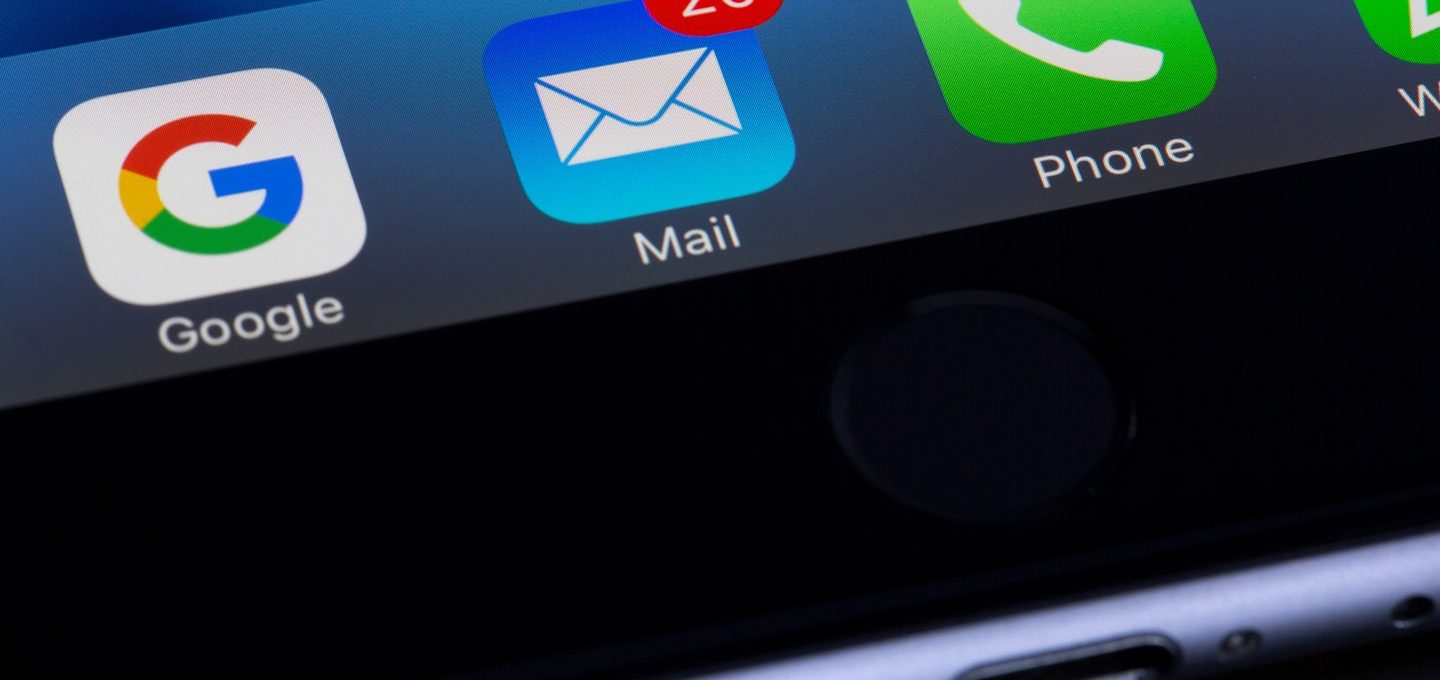Starting the email with a ‘Hi’ or ‘Dear’ or using an emoji or skipping it, signing it off with a ‘cheers’ or ‘yours sincerely.’ What is the right way to go about it?
In all honesty, emails can be quite hard, but there is no denying that a well-crafted email can make all the difference. Between establishing a successful working relationship or leaving your potential clients in confusion, conflict, or insult, everything can be highlighted if the employees function remotely. Accurate email communication can depend on an array of factors. It also depends on the industry you are a part of, who you are addressing it to, that is, one or more than one recipients, or writing it to a peer or superior. Nonetheless, there are some basic dos and don’ts which hold for all emails. Here, in this article, we will address some of the general email etiquettes that you need to bear in mind.
Write a direct, clear subject line
Whatever you want to convey, write a direct, precise subject line. Some examples of such subject lines include – ‘New Meeting Date,’ or ‘Suggestions for your proposal.’
‘In most cases, people decide whether they want to open an email merely by looking at the subject line. Thus, it is vital to pick a subject line, which interests the readers. Readers must instantly know the objective of the email,’ states Ruby, an educator who offers homework help Canada.
Maintain a professional tone
Just because you had a discovery call with a prospect does not mean that you know them. Thus, it is quintessential to keep the salutation formal and subject line descriptive. You can begin by reminding them of the conversation you have had with them. It is a great way to make yourself familiar with them. However, through all this, your tone should still be professional.
Use an appropriate greeting
In emails, there is always a debate surrounding the salutations. Some believe that you must always use a formal greeting. However, how you greet in an email depends a lot on who you are writing the email to.
For instance, if you are addressing the email to a team member or a close colleague, a simple ‘Hi’ will suffice.
On the other hand, if you are following a chain of emails, meaning wherein a conversation has already happened above in the same email and the context has been established in the last email or either on the phone, then you can straightaway jump to the body without any greeting. However, if you write to someone who is not familiar with you, keep the salutation formal and back it with an introduction.
Do not ignore the signature
You cannot end the email without telling the recipient who you are, what designation you hold, and how they can communicate with you (other than the email).
‘You can set the default signature, which automatically appears at the end of each of your emails. It can save you time and help maintain uniformity,’ shares Mia, an educator who works with a platform that offers ‘pay someone to do my homework services.
The signature must have your contact details to ensure that the recipient does not have to look up your phone number, email, or address.
Do not use humor
Never, I repeat, never use humor on an email. The humor in the email will never translate well. You may think something you say is funny, but there is a good chance that the other person may misinterpret it. At times, they may think of your humor as sarcasm. So, since there are no accompanying facial expressions or vocal tones, it is best to keep humor out of the emails, especially business emails.
Always proofread your emails
‘Remember, you will be judged for the way you write or compose your emails. So, do not make any spelling mistakes, punctuation errors, or grammatical errors in the email. It always helps to proofread before hitting the send button,’ advises Jacky, an online algebra tutor.
See, if you misspell a word in the email or if you make a grammatical error, you will be looked upon as careless, sloppy, at times, even uneducated. You do not want that, right? So, if there is any doubt, run your email by a grammar checker.
Know the culture
If you are drafting an email to someone from an indirect culture, it is always proper to research the other person’s culture and customs.
For instance, for someone in Japan, it is considered appropriate, or polite, and even customary for the sender to ask about the weather, even in the business email. So, if you are addressing an email to someone in Japan, an inquiry about the weather should always be in the first few lines. On the other hand, it is inappropriate for you to introduce yourself when you send an email to a Japanese client. Whereas in all the other customs, the introductions are made by mutually respected third parties. So, when an email has an introduction, it seems warmer. Because as you may know, cold emails are always blocked, deleted, ignored, or end up in junk.

